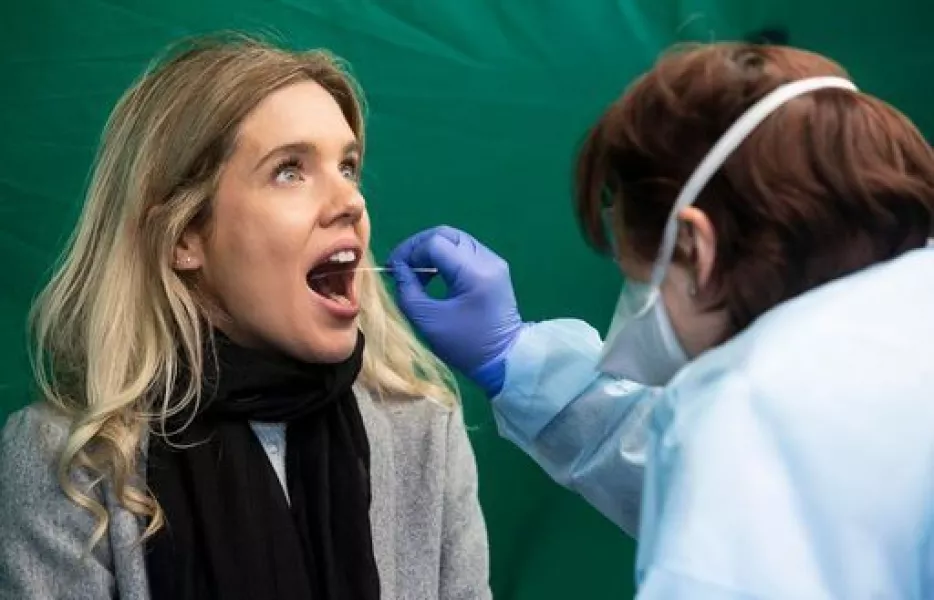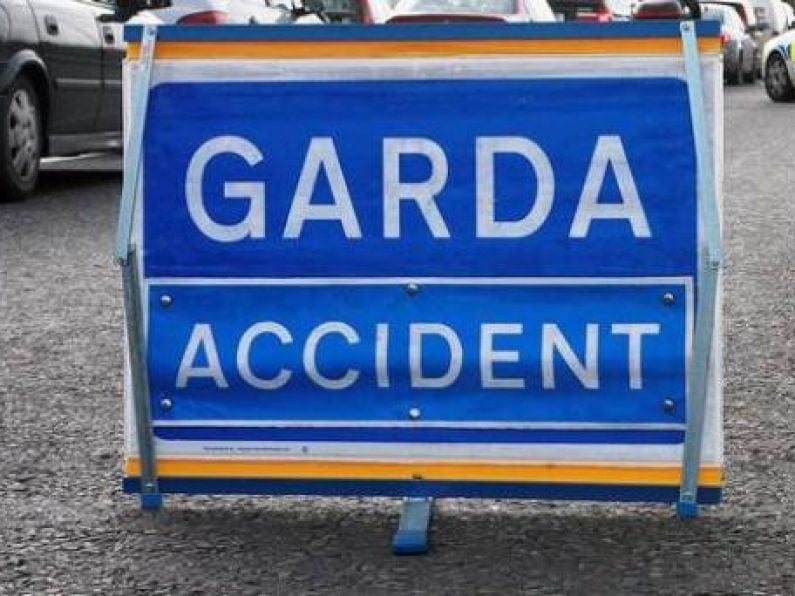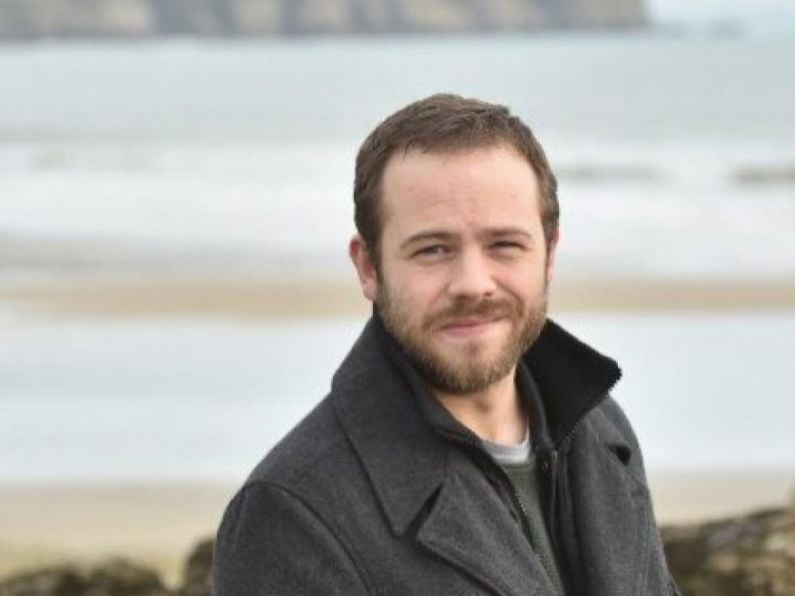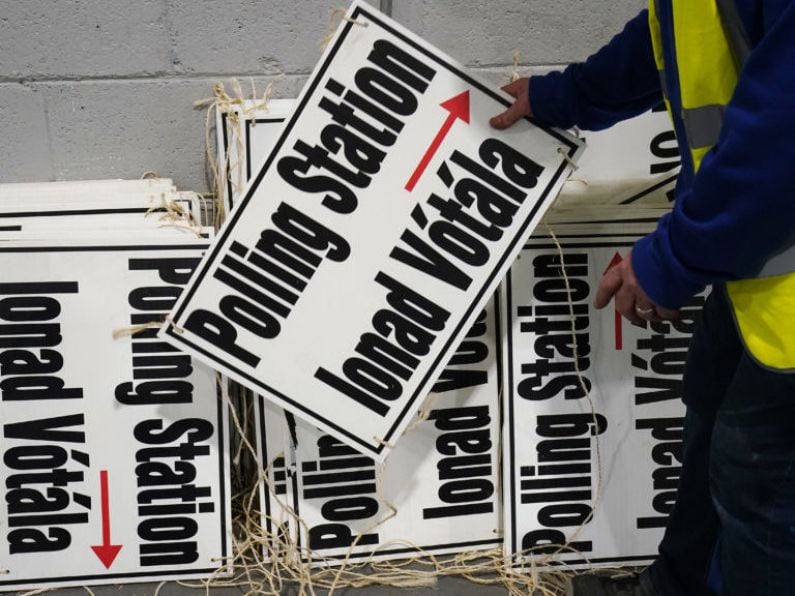
An enhanced form of Covid-19 contact tracing begins today, in order to track infections to their original source and identify high-risk settings.
Around one in five cases of the virus confirmed in the last two weeks have been marked as community transmission — meaning health officials do not know how people contracted the disease.
The HSE will now ask close contacts where they have been in the seven days prior to testing positive, rather than two days.
Public health specialist Dr Greg Martin told Newstalk radio that they are trying to track down more cases and that those who have visited settings identified as potential infection sources may be offered a test.
“[Contact tracers] may say look, this was a wedding or this was at a restaurant at a particular time, and it’s going to be possible for us to reach out to that restaurant and identify the names and contact details of additional people that were there,” he said.
“At the point in time that the people are identified as having been in a setting that we’re investigating, they’ll be offered a test, but they won’t at that point be asked to restrict their movements per se because at that point, we don’t know really that they were a close contact or not,” he said.
Antigen testing
It comes as rapid Covid-19 antigen testing could also be rolled out in schools and colleges from September, as another part of the HSE plan to enhance testing and tracing.
The testing could also take place in workplaces such as construction sites.
The HSE's national lead for testing and tracing, Niamh O'Beirne, said the testing will not be rolled out until the new academic year.
“We need to see how it would work, so we need to take schools that we will do a pilot in and do that now, and then look at the results and then look at what would be reasonable for a September opening.”












